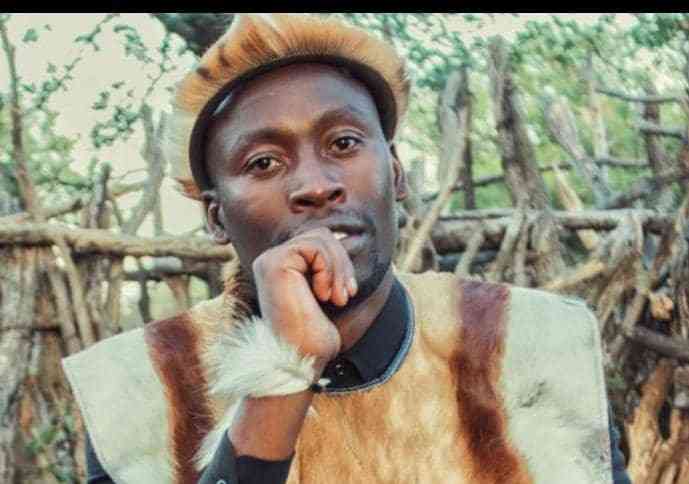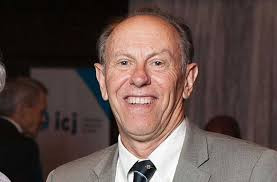
EFFECTS of climate change in Matabeleland South province have prompted a local development advocate to create films to educate communities on using indigenous knowledge systems (IKS) as a tool to adapt to climate change.
In an interview, Zibusiso Condry Mabonisa — who is seeking funds for his next film, told Newsday Life & Style that, as a researcher specialising on IKS, African culture, tradition and norms, producing films on his researches would impact more on rural communities such as Matobo.
“The area (Matobo) can be described as one of the marginalised areas, meaning that accessibility and affordability of technology can be a problem, therefore, as a researcher specialising on IKS, African Culture, tradition and norms, I had to find some solutions to climate change adaptation for the people in that area and other areas,” Mabonisa said.
Mabonisa has already produced a short documentary titled: Cattle farming and rains in Matobo, released on YouTube. In the documentary he engaged farmers to understand the natural signs they take note of to know about the climate in an impending season.
“The research interests were to find the IKS indicators of disasters related to climate change. Those disasters are droughts, cyclones and floods. Flooded rivers can kill cattle so that is why we did a research. These IKS were used long ago and can be used in replacement of meteorological development,” Mabonisa said.
Mabonisa further noted that from studying these, farmers can now know whether to expect droughts, a cyclone or floods; that way, they can mitigate the impact of a disaster.
“I am looking for funding for my next project, the script is ready. I hope this film will help me to get funding. I have collaborated with other producers in the city,” he added.
- COP26 a washout? Don’t lose hope – here’s why
- Out & about: Bright sheds light on Vic Falls Carnival
- COP26 a washout? Don’t lose hope – here’s why
- Out & about: Bright sheds light on Vic Falls Carnival










